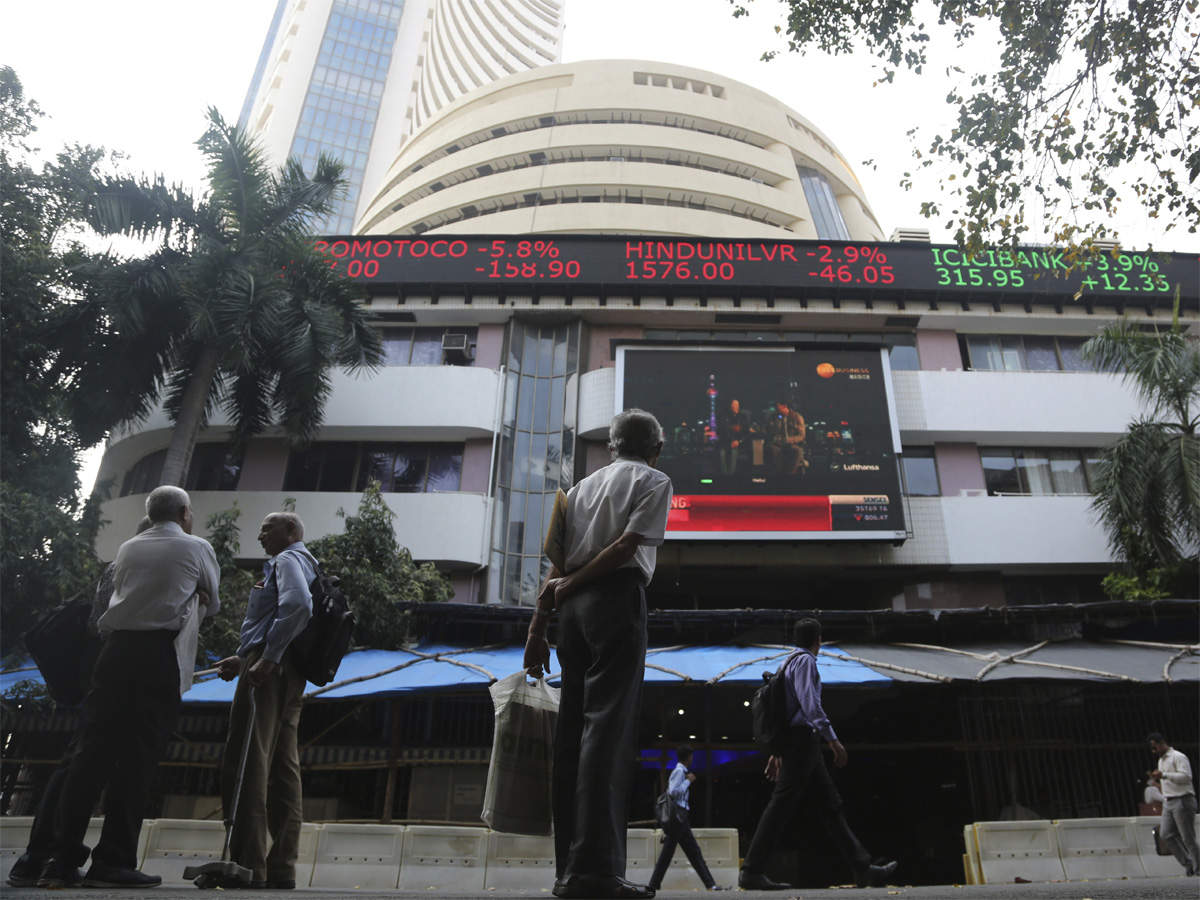INSUBCONTINENT EXCLUSIVE:
NEW DELHI: There may have been a major deterioration in geopolitical tensions between India and Pakistan ever since a terrorist attack in
Pulwama on CRPF convoy on February 14, but foreign portfolio investors (FPIs) seem unfazed by the brewing tension.
Instead, FPIs seems to be
taking cues from dovish comments from the US Fed, which has lowered probability of aggressive rate hikes and made riskier assets of emerging
markets look more attractive.
Data suggests FPIs have bought Indian stocks worth over Rs 10,000 crore since February 14.
On Tuesday, even as
tensions escalated after Indian Air Force struck a few terrorist camps in Pakistan-occupied Kashmir, FPIs emerged net buyers to the tune of
Rs 1,600 crore, provisional data available with NSE showed.
This was in addition to some Rs 9,978.99 crore worth of equities that they
bought in the seven sessions till February 25, final data available with depository NSDL showed
This morning, there were reports of heavy shelling from both the sides in which five Pakistani posts were destroyed completely and five
Indian Army soldiers were injured.
The brisk pace of FPI buying has been attributed to the recent dovish comments from US Fed policymakers,
and stabilisation of the rupee-dollar exchange rate in the wake of weakening of the greenback.
Ajay Tyagi of UTI Mutual Funds said most
investors are looking at investing into India, but are a bit anxious about the outcome of general elections in May 2019
“Most emerging markets did see a correction in last six months to one year, and so did India
We have seen a significant correction, which makes us more attractive right now in terms of valuations,” he told ETNow.
Andrew Freris, CEO
at Ecognosis Advisory, said markets in Asia and Europe are driven primarily by expectations that Fed has now stopped increasing interest
rates and that is also reflected in a substantial drop in two-year and 10-year US government bonds
Freris told ETNOW that the difference
between the US two-year and the 10-year yield curve has flattened quite significantly, which is not a good indicator of bullish sentiment in
the market.
Gold, on the other hand, has jumped to $1,500 an ounce from $1,200 in last five months
“Last but not least EM currencies have recovered slightly against the US dollar, precisely because of the expectation that US’ interest
Now what does this tell us It tells us that markets are pleased that interest rates are not going to go up,” Freris said.
Freris said
noted that Nifty and Sensex are worst performing indices in Asia year to date, which possibly reflects the expectations from the April-May
elections, in which “the Modi administration may not return.”
That said, a few brokerages believe the Indian response to Pakistan-led
terror camps may work in favour of the ruling party
“The strikes should increase the ruling party’s prospects
It is reported that the IAF has gone deep inside Pakistan, and not just POK, to eliminate terror camps
It shows the way the strikes were planned and executed
At least in the northern part of India, border will be a key agenda in elections
The strikes could increase vote shares
And the number of people coming to vote also should increase, which would be important for the ruling government to get re-elected,” said
AK Prabhakar of IDBI Capital.
Noted economist Swaminathan Aiyar said while he rated Modi’s prospects in the forthcoming elections as
50:50, the strikes now boost his prospects.

